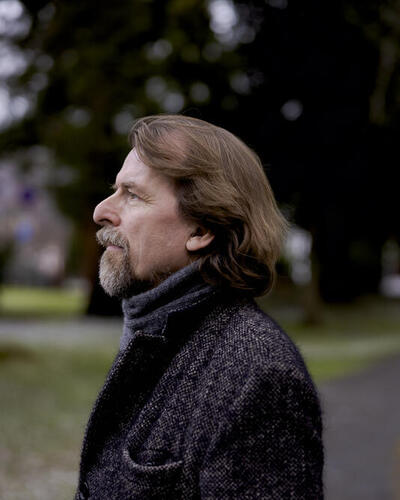Revolutionary Havana
Cuba’s capital Havana was founded in 1519, and thus celebrates its 500th anniversary in 2019. Ever since its foundation, Havana has played a pivotal role in the country’s history, art and culture, and the city retains a mythic aura that seduces visitors and natives alike.

Main content
We take this opportunity to explore what different representations of Havana may tell us about Cuba today, while also reassessing critically the artistic, literary and cultural representations of Cuba’s past. Through a special focus on the revolutionary Havana of the Castro era (1959–2018), this conference also draws attention to the relation between aesthetics and politics, both in its radical and totalitarian forms.
The conference will be conducted in English. It is organized by the Research Group for Radical Philosophy and Literature (University of Bergen) in collaboration with the House of Literature in Bergen, and with financial support from the University of Bergen, the House of Literature and the Fritt Ord Foundation.
Program
August 21
10.00–10.15: Welcome
10.15–11.30: Adriana Méndez Rodenas (University of Missouri): “Mapping Colonial Havana: La Condesa de Merlin’s Voyage of Return”
11.30–12.15: Lunch
12.15–14.00
Ariel Camejo (University of Havana): “The Invisible City. Repression and Expression of the Black Body in Representations of the Colonial Havana”
María Kari Salkjelsvik (University of Bergen): “Havana By Night: Experiences of the Nocturnal in The Cuban Painted by Themselves (1852) and Types and Customs of the Island of Cuba (1881)”
Gisle Selnes (University of Bergen): “Phantasy and Utopia: Cuban Revolutions from Columbus to Cortázar”
14.00–14.15: Coffee break
14.15–16.00
Haydée Arango (University of Havana): “Antonio Benítez Rojo and Havana as a Caribbean city”
Anna Forné (University of Gothenburg): “The Precious Ambiguities of Political Writing. Reflections on the Testimonial Genre and Casa de las Américas’ Literary Award (1970–2017)”
Hans Jacob Ohldieck (University of South-Eastern Norway): “Explosions in a Cathedral: Havana as Capital of the Neobaroque”
August 22:
10.00–11.15: Elizabeth Dore (University of Southampton): “‘Vedado is like Old Havana—but with rouge.’ An Oral History”
11.15–12.30:
Nanne Timmer (Leiden University): “Havana Fastforward: Urban Ruins and Highways in Recent Cuban Literature (by Jorge Enrique Lage and others)”
Kjetil Klette Bøhler (Oslo Metropolitan University): “‘Pleasurable Nationalism’ in Cuban Timba Grooves”
12.30–13.15: Lunch
13.15–15.00
Anne Natvig (Volda University College): “Journalism culture in Cuba: Between Professional Ideals and National Ideology”
Even Sandvik Underlid (University of Bergen): “The Power of Roots and the Roots of Power: Symbolical and Political Functions of Havana's Revolution Square”
Vegard Bye (Scanteam): “Cuba after Fidel”
